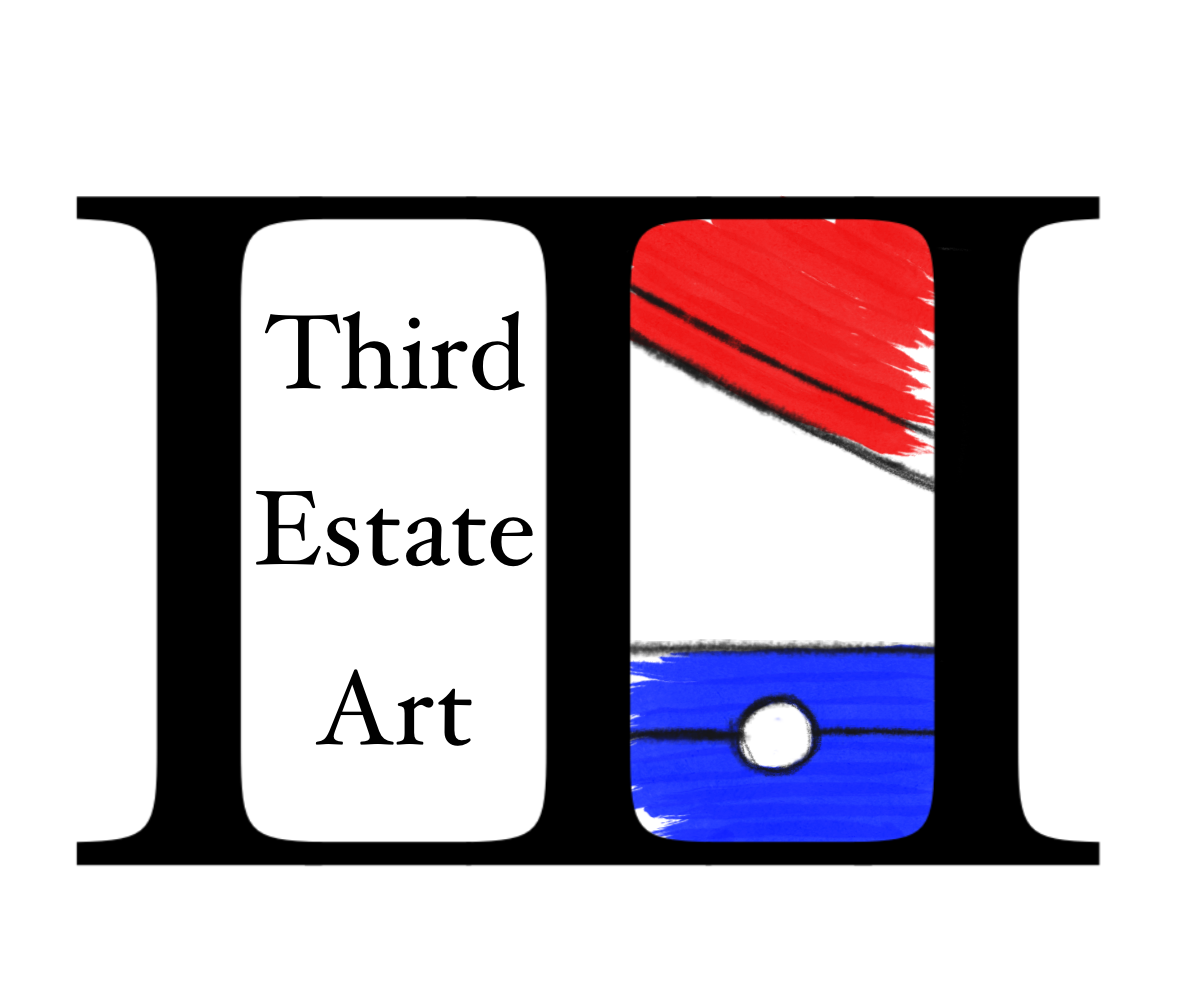The Road
The road seems endless
caressing the brown land of winter.
Cold rain droplets turning to icicles of
blue smoke,
the division lines of road white against black
yet seeming the meandering way.
Clouds menace the landscape
dark against the horizon,
wet against the drenched sky of winter's day.
The wheels keep turning about
the wild rose tree, which is dry.
The birds are soundless
countering the backdrop of torrid rain,
hard unbearable pelting.
Cities come and go,
Towns trickle small and tedious,
Gauntlets covering spring and
sun peeking through.
Yet the pathway figures onward,
black merciless tree limbs forsaken
like crooked witches bearing
antidotes of sin.
Why do the browns channel poverty?
Why do the green spots turn dry?
Why do the flowers not grow in the seeming black
of winter?
The cows pasture on the meadow
yet grow scant in the dead of winter.
A yellow line sputters on the white and black and gray.
The haystacks – still a few spotted through the jaundiced land –
rise stark against the bleakness of a leaden earth.
And we travel on, forward forward
shedding waste, not departing where the roadway leads,
but following endless white on black,
interminable finite of eternity.
El camino
An interpretation, not a translation
(because translation is never poetry)
El camino se hace interminable,
acariciando la tierra quemada de invierno.
Las gotas frías de la lluvia se convierten en témpanos de
humo azul,
las líneas de división en la carretera – blanco contra negro –
imitan a un sendero serpenteante.
Nubes amenazan el paisaje,
oscuras contra el crudo horizonte,
húmedas frente a un cielo empapado del invierno.
Las ruedas rotan por
el rosal silvestre, que permanece seco.
Los pájaros se encuentran silenciosos
afrontando el telón de una lluvia sofocante,
Atontamiento duro e insoportable.
Las ciudades comienzan y terminan,
Los pueblos fluyen, pequeños y tediosos,
Simulando guantes cubriendo la primavera con
el sol que espía su punto máximo.
Sin embargo, el camino sigue adelante,
con brazos de árboles despiadados, abandonados,
imitando malvadas brujas con sus
antídotos de culpa.
¿Por qué es que el color mestizo simboliza la pobreza?
¿Por qué las tierras verdes se vuelven secas de una vez?
¿Por qué dicen que las flores no crecen en el aparente negro
del invierno?
Las vacas picotean el pasto del prado;
sin embargo, crecen escasas en pleno invierno.
Una línea pálida chispea contra el blanco, negro y gris.
Los almiares – aún algunos salpicando la tierra amarillenta –
resurgen contra la desolación de los campos ya mortíferos.
Y seguimos adelante, avanzando avanzando
arrojando desperdicios, no siguiendo el camino de la carretera,
sino buscando el infinito blanco sobre el negro,
interminable límite de la eternidad.
Trees Cry the Road…
Las vías del tren
Palabras no significan nada
y la vida permanece tenue
en las vías del ferrocarril
andando audaz sobre el árido desierto,
suelo y sonido de metal
marcha y marcha.
Y el río marrón acero chirría seco
su aullido siempre presente
entre los bancos embarrados con sus sucias telarañas.
En sus paredes de grafiti negro,
en su laberinto de rieles de orín,
los ratones anidan su inocencia
a través del hollín y la basura
de los vagones del ferrocarril
tirados por manos imprudentes,
por manos borrachas,
por manos que nunca se preocupan y que tocan,
pero paganas,
se convierten en la mugre que conllevan.
El hombre blanco nunca duerme
mientras trae muerte
como la palabra,
como el ayer…
ya una eternidad,
cuando la vida antigua
arrebata toda agua,
toda palabra.
Pero la palabra significa aridez,
vacío eterno.
Los vacuos ríos mueren,
las vías de ferrocarril – abandonadas,
y ratones
arrancan al sentirse
acorralados,
aunque las telarañas hacen eco,
solitarios susurros del pecado.
Railroad Tracks
An interpretation, not a translation
(because translation is never poetry)
Words mean nothing
and life is disembodied
in the railroad tracks
running sleek over the arid desert,
soil and sound of metal
churning churning.
And the steel brown river screeches dry
its ever-present howling
of muddied banks and dirtied cobwebs.
On its black graffiti walls,
in its maze of iron clubs,
mice nest their innocence
through the soot and garbage
of the railway cars
thrown away by reckless hands,
by drunken hands,
by never-caring hands that touch,
yet godless,
they become the filth they bear.
The white man never sleeps
while bringing death
like words,
like yesterday,
eternity ago,
when the life that was
snatched away all water,
all words.
But words mean desiccation,
everlasting void.
Empty rivers die
and railroad tracks abandoned,
and mice —
they scamper when
they're cornered,
though these cobwebs echo
vacant sounds of sin.
From the author:
Being an academic not paid enough for my trouble, I wanted instead to do something that mattered: work with asylum seekers. I advocate for marginalized refugee families from Mexico and Central America. Working with asylum seekers is heart wrenching, yet satisfying. It is also quite humbling.
My labor has eased my own sense of displacement, being a child refugee, always trying to find home. In parallel, poetry is my escape: I have published in Acentos Review, The Raving Press, Indolent Books, the Laurel Review, and many other anthologies and journals, both here and internationally, online and in-print. My poetry in translation with its accompanying photography has been exhibited in art fairs and galleries as well.
I hope you like my art; it is a catharsis from the cruelty yet ecstasy of my work. Through it, I keep tilting at windmills.
See more of Ana’s social justice work on her blog and her Facebook.



